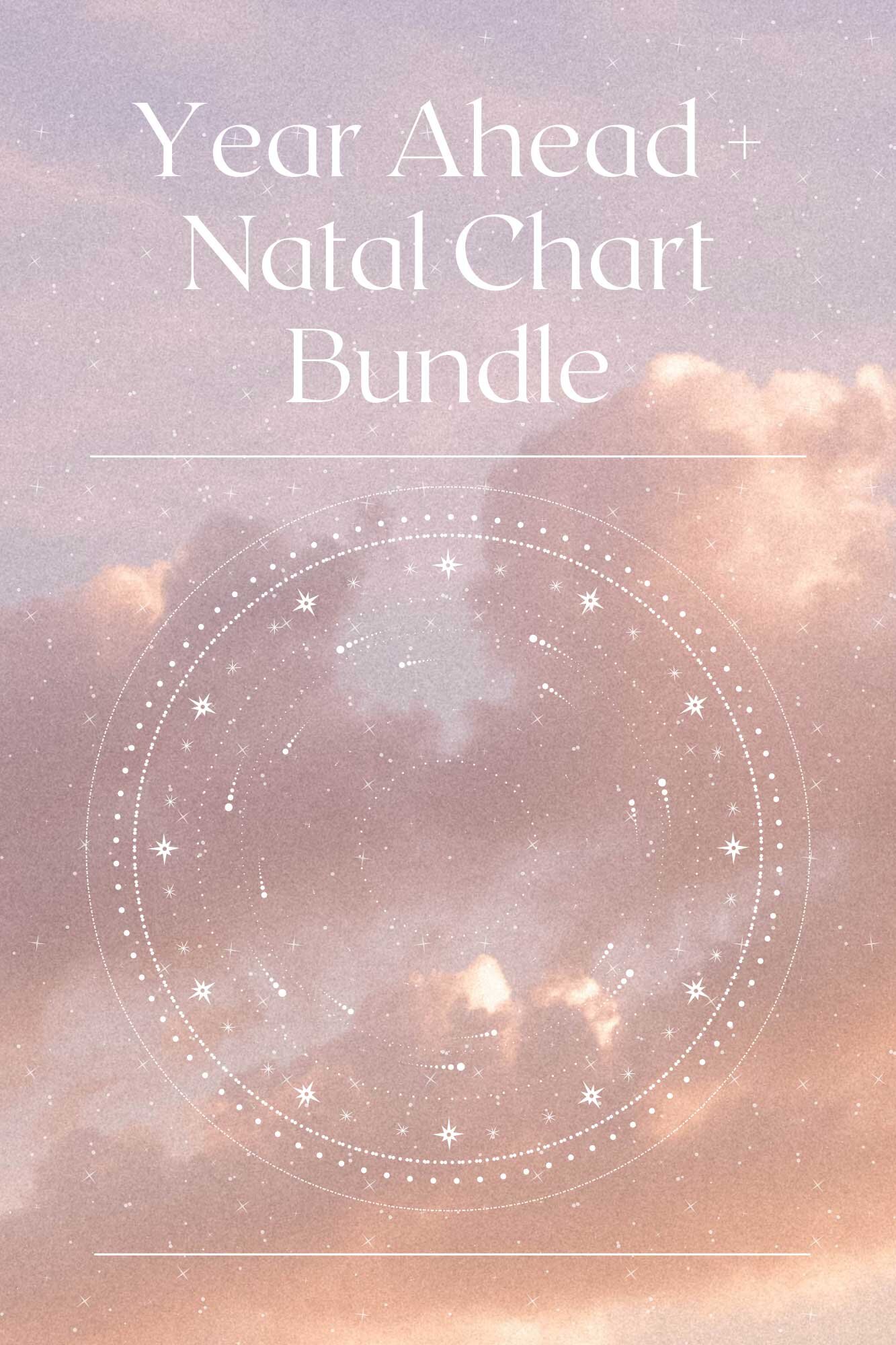My Journey With Free-Flow and Gratitude Journalling: How It Helped Me Deal With Emotions And Stress
Please note this post may contain affiliate links. If you choose to purchase through these links, we may receive a small commission at no extra cost to you. By using these links you are directly supporting Two Wander to continue providing you with free content to stoke your curiosity for conscious wandering + holistic well-being. Thank you!
My Journey With Free-Flow and Gratitude Journalling: How It Helped Me Deal With Emotions And Stress
Let me start off by being clear that I am NOT a natural journaller. It’s something that I always tried to make stick throughout my teenage years but “Dear Diary”….just wasn’t for me, however much I wanted it to be. I found it boring and pointless. It wasn’t after I started to see the benefits of gratitude journalling popping up a few years ago in various studies that curiosity got the better of me and I decided to commit to a full-month of writing a gratitude journal to see what happened, and it all took off from there! I initially chose to go with Oprah’s recommendation of writing down 3 specific things I’m grateful for every single day for 3 weeks until the habit stuck. After that, I migrated to journalling 5 detailed things (big or small) that I’m grateful for every week, usually on a Sunday.
I came to free-flow journalling more recently after reading about it as a positive, almost therapeutic, way to process and release emotions, thus helping with stress management. The immediate catharsis I felt blew me away and I wondered why I hadn’t ever tried it sooner! Now, I start with a free-flow journal entry to get anything out on the page and then follow-up with my gratitude list (to cognitively reinforce that despite what may be going on in my life, I’ve still always got plenty to be grateful for). Plus, I then use both these tips as an emergency backup for coping when needed in unaccounted for stressful situations. If this happens, I’ll free-flow journal and write my gratitude list twice a week (or however many times I needed it to get me through a particular situation and then my usual weekly journaling practice on top of it).
Why is it beneficial to regularly journal?
Multiple studies have shown that regular journalling can help with a myriad of emotional and psychological aspects (which is what you might expect), but it can help support your immune system and increase cognitive functioning too! Among many mental health benefits, journalling can also:
Decrease the time it takes to heal from an injury
Strengthen your memory
Make you more productive
Help cope with depression
Assist trauma recovery
Read on below to find out more in-depth specifics of how I do my weekly free-flow and gratitude journal to help me process my emotions and help deal with stress.
What Is a Free-Flow Journal And Why Does It Help Deal With Emotions?
Free-flow journalling is simply sitting down in a quiet space with a blank page and letting whatever comes out naturally to flow onto the page for however long and about whatever you want. This may seem like a daunting task to some but the trick is to not overthink it and just start. You’ll often find that once you begin it’ll become MUCH easier and you’ll soon start flowing faster than you can keep up! However, don’t set yourself any expectations. This is a form of expressive writing so simply express what you feel without trying to think about it too much.
Some weeks I literally just write a roundup of what happened and a list of some things I’d like to get done the next week. Others, it’s more of an in-depth flow featuring emotions, thoughts and enlightenments. I particularly love free-flow journalling for both of these aspects. Sometimes, I just need to get my to-do list down and clear things out in my head about what’s left or coming up (even though I do also have a weekly organisational planner). Sometimes, I need a bit more of a ‘rant’ and to get all those things spiralling around my head and emotions bubbling up to the surface out into a constructive outlet. Often, when I’m writing like this, I circle round and come to my own conclusions about what is the best course of action for me, as well as becoming more level-headed in the process, seeing the situation more clearly and from other points of view.
The act of seeing your thoughts written down on paper (physical writing not typing) to your brain is like a sort of therapy session- and that’s exactly what it feels like! Especially after I’ve finished doing it with my gratitude journal, I normally feel a huge release and can come to a more centred position. It’s also a great tool for tracking personal growth.
Most weeks, it takes me a couple of minutes to free-flow journal, other times it can be longer- do whatever you feel like!
How To Gratitude Journal And Why It Helps Deal With Stress
I really love regular gratitude journaling because I feel like it really permeates your psyche and stays with you throughout your day. It’s especially useful for me when a particularly stressful event has happened, after I’ve free-flow journalled, to follow up with my gratitude list because it helps to put the important things into perspective as well as helping me to look at the bigger picture.
If I’m writing my gratitude list after a free-flow journal because something that has happened is causing me anxiety, I’ll usually follow-up with an additional meditation to the one I already do in the mornings as the cherry on the cake for grounding me and calming my nervous system. You can learn about my meditation practice here.
The key tips to writing a gratitude journal are to keep it specific and with examples if possible. This helps your brain to positively relive the experience and forge new neural pathways to increase your neuroplasticity! This in and of itself will help you be more resilient in the face of stress and anxiety in the future. You only need to write 3-5 entries and can choose to do it from anywhere between every day to once a week. The main thing is to be consistent with it. I opted for once a week in the end because studies have shown that this can have even more of a positive and lasting effect by not letting it become routine (and thus less heartfelt). Plus, it was initially more sustainable for me that way (even though I’ve just started journalling daily as part of my nighttime routine too, I only write a couple of lines in my Astrological planner to summarise the day and help me prepare for tomorrow).
Again, it normally takes me a few minutes to write down the things I’m grateful for but sometimes I have more examples to write about than others, whatever feels right for you is perfect.
I also reinforce this with a daily gratitude mantra that I say every day in my morning routine, which you can read about here.
My Personal Journalling Practice And Journal Prompts For You
Every week (usually on a Sunday), when I won’t be disturbed, I close the door, sit down on my bed, light some incense, take a deep breath and then immediately start writing about whatever comes out of my pen, without stopping to think or analyse it. Once I feel like I’m done, I read it through and add on any extra thoughts that may have come to mind. Then, I write down a bullet list of 5 specific things I’m grateful for and why, with an example if possible. This can be anything big from Sam (which is pretty much every week) to something small like a delicious coffee I enjoyed. And that’s it! As I mentioned, if something in particular happens, I also add in an extra free-flow and gratitude journal entry to help me ease through it. I also make sure to date the entries for reference if needed (not that I ever go back and look through them but this could be helpful for you to track progress).
Another small tip is to get a really great pen! I don’t know about you but for me it makes writing an absolute pleasure when I’ve got a really satisfying pen. Along this line, having a beautiful journal that you love and look forward to using could also help.
If you would prefer to have some kind of prompt to get you started these are some that could be beneficial:
What went well this week and why?
What didn’t go so well this week and why?
In what areas can I focus on next week?
What would my future self tell me?
What did I learn this past week?
The benefits of journalling are so far and widespread, it’s worth exploring different avenues to find something that works best for you if you don’t like weekly gratitude or free-flow writing. You could write a dream diary, bullet lists, goals or ideas journal; choose to do it every day or once a month, the main thing is that you start and find something you like!
So there’s my journey with free-flow and gratitude journalling and how it helped me deal with emotions and stress. I hope you find the science behind why it works interesting and are intrigued to try it out for yourself! You never know, your life could be changed for the better too :) Let me know in the comments section below how you get on with it if you feel like sharing!
You can also check out my easy guide on How To Mindfully Meditate for an even bigger tool in your stress-management repertoire!
For monthly Astro magic- join us in the Spirit Subscription ✨
























